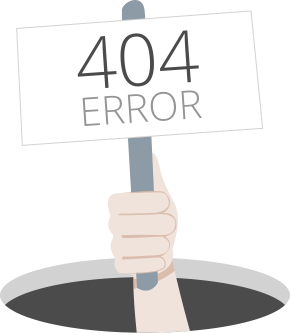- Markets
- News
- Analysis
- Trading Tools
- Blog
- Education
- About us
Popular Articles
Popular Articles
Popular Articles
Popular Articles
Popular Articles
Popular Articles
$1.6 Trillion Asset Manager Goes Deep Into XRP, Shares Reason Behind The Move
1767285045
Crypto VC funding rebounds in 2025, jumping to nearly $40B after two-year slump
1767283688
Dogecoin Forms Bullish Double Bottom Pattern But Here is Why Mutuum Finance Beats It as The Next Crypto To Explode
1767283200
Popular Articles
Popular Analysis
Popular Analysis
ECB Policy Outlook for 2026: What It Could Mean for the Euro’s Next Move
1766743131
TradingKey 2025 Markets Recap & Outlook | Global Central Banks 2025 Recap and 2026 Outlook: Navigating Post-Easing Recovery and Diverging Paths
1766658695
Markets in 2026: Will gold, Bitcoin, and the U.S. dollar make history again? — These are how leading institutions think
1766645014
Popular Analysis
Popular Analysis
Silver Surges Then Flash Crashes. Safe-Haven Asset Or Speculative Bubble? What Is the Truth of Market Turmoil?
1767176753
Silver Price Forecast: XAG/USD dips to near $72.50 as CME raises margins
1767160133
TradingKey Market Review and Outlook | 2025 Crude Oil Prices Collapse, Can Oil Prices Stage a Comeback in 2026?
1767089094
Popular Analysis
TradingKey 2025 Markets Recap & Outlook | Wall Street Bullish on 2026: S&P 500 Forecast at 8,000 with AI Gains and Cyclical Stocks Soaring
1766571246
Tesla Stock Hits Record High as Robotaxi Tests Ignite Market. Why Is Goldman Sachs Pouring Cold Water on Tesla?
1765966220
December Santa Claus Rally: New highs in sight for US and European stocks?
1765939815
Top Blog Posts
Top Blog Posts
Top Blog Posts
Top Blog Posts
Top Blog Posts
Top Blog Posts
Beginners
Long position VS. short position: Which one is better?
In the world of trading, understanding the concepts of long and short positions is crucial for making informed decisions. A long position involves buying an asset with the expectation that its value will rise, while a short position entails selling an asset you don't own, betting that its price will fall.
How to Choose an Online Trading Platform
Selecting a trading platform is one of the most critical decisions for any trader. But how do you ensure you're choosing one that's regulated, cost-effective, and easy to use? Understanding the key criteria can set you up for success.
What is Leverage in Financial Trading?
Leverage is a fundamental concept in financial trading,allowing traders to control larger positions with a smaller amount of capital. While it can amplify potential profits, leverage also significantly increases the risk of losses, making it a powerful but double-edged sword.
Mitrade Insights is dedicated to providing investors with rich, timely and most valuable financial information to help investors grasp the market situation and find timely trading opportunities.
2021
Best News & Analysis Provider
FxDailyInfo
2022
Best Forex Educational Resources Global
International Business Magazine

